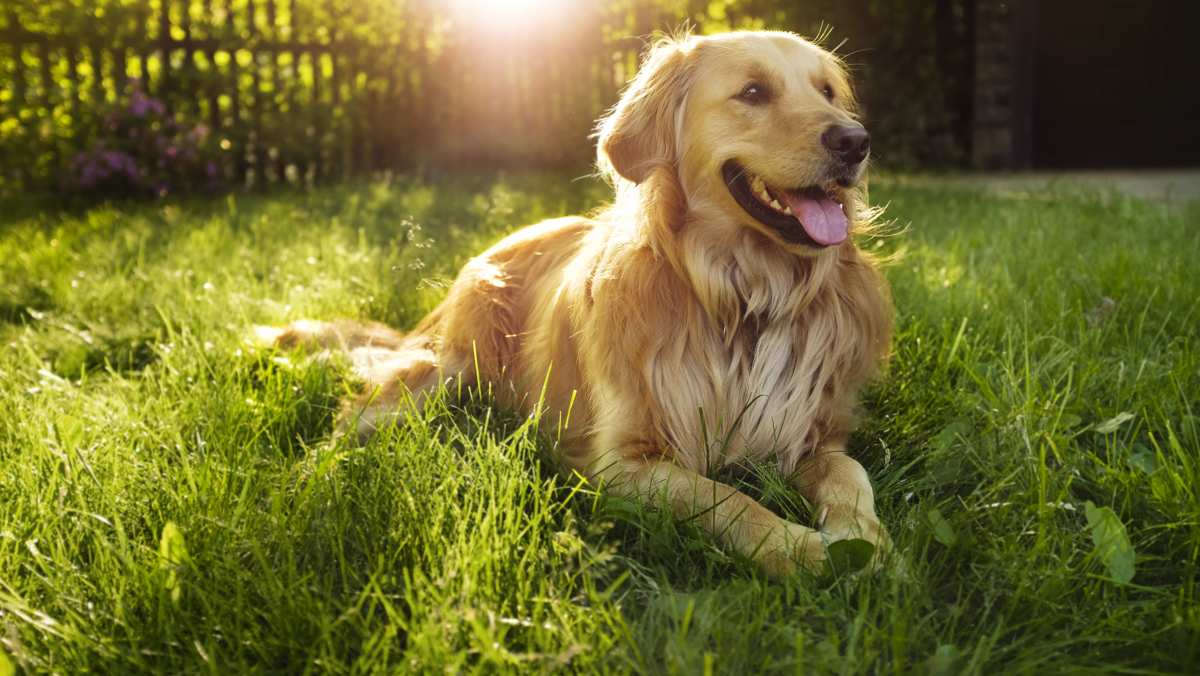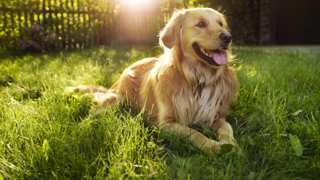Golden Retriever Breed Details
The Golden Retriever is a gun dog whose abilities to track and retrieve in cold, wet, hilly terrain is well-known the world over. They are also renowned as excellent family pets and for their versatility in seemingly countless jobs and tasks. They are good for first-time dog owners, families with kids of most any age and homes with pets, canine and otherwise. They are also independent-minded and have a habit of being distracted by their superior sense of smell, and this can present problems. You may also want to think about getting Golden Retriever insurance as these very popular dogs are high on the list of dog breeds that are kidnapped. They may also act like a puppy for their first few years, and as they get big quickly, this might be frustrating at times.
Here are some Golden Retriever facts, pros, and cons you should know if you wish to adopt one of these dogs:
PROS
- Great with kids
- Barks very little
- Loves other pets
- Highly adaptable
- Immensely friendly
- Extremely intelligent
- Great for very active people
CONS
- Prone to escaping
- Massive shedders
- High chance of cancer
- Not a good watchdog
- Huge grooming needs
- Lots of health problems
- Tendency to chew on things
- Needs a lot of daily exercise
- Long maturity period (2-3 years on average)




